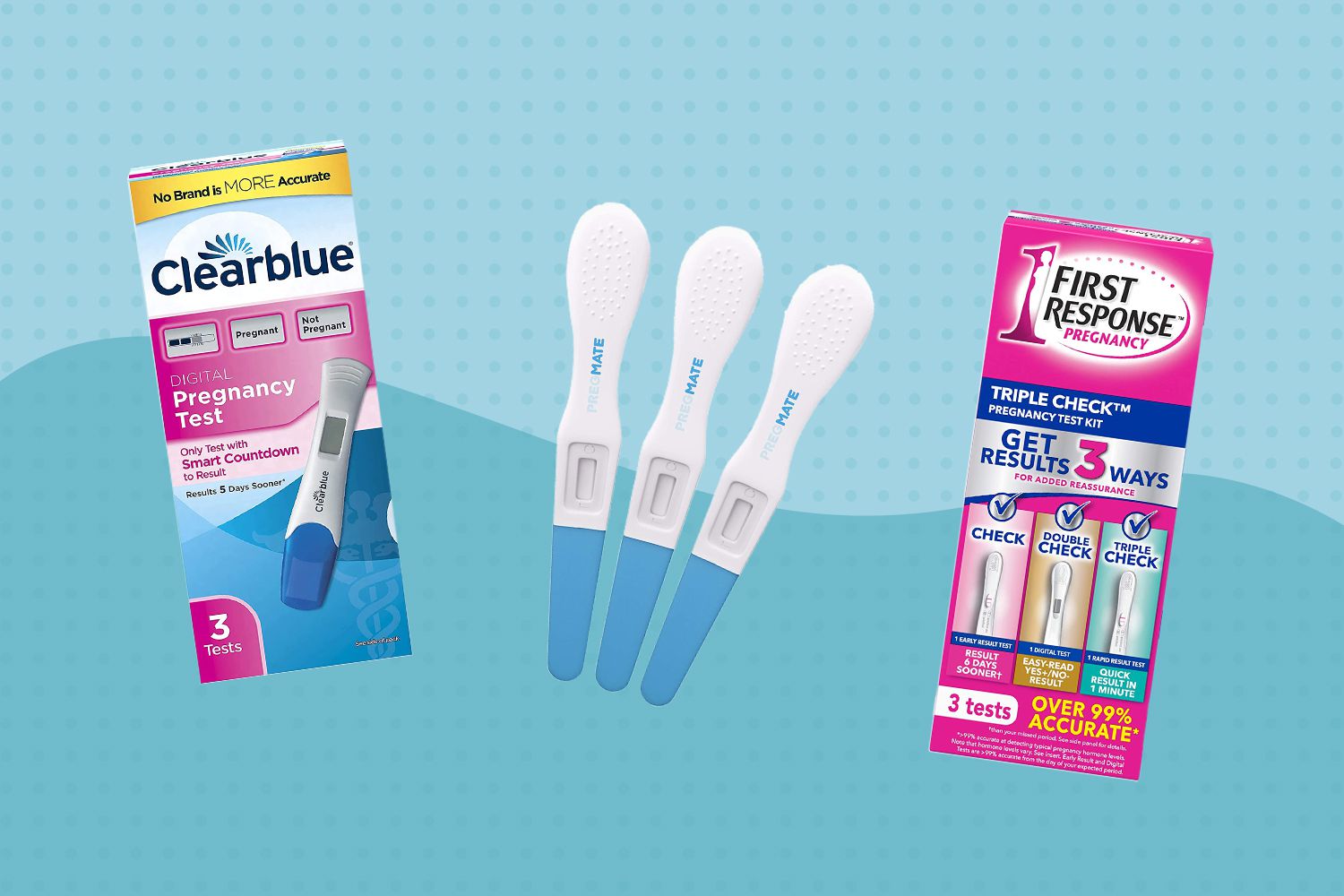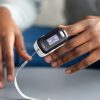- Empty cart.
- Continue Shopping
How to Use a Pregnancy Test Kit Correctly

Discovering whether you’re pregnant can be an emotional and pivotal moment in your life. Pregnancy test kits offer a convenient and private way to find out, often delivering results in just a few minutes. However, the accuracy of these tests largely depends on how correctly they are used.
Understanding Pregnancy Test Kits
Types of Tests
There are two main types of pregnancy tests: urine tests and blood tests. Urine tests are the ones commonly used at home, while blood tests are conducted in a medical setting. This guide focuses on urine-based home pregnancy test kits.
How They Work
Pregnancy tests detect the presence of human chorionic gonadotropin (hCG), a hormone produced during pregnancy. The hormone starts to appear in the urine soon after a fertilized egg attaches to the uterine lining.
When to Take the Test
Timing Matters
The best time to take a pregnancy test is after your period is late. Testing too early may result in a false negative because the hCG levels may not be high enough to detect.
First Morning Urine
For the most accurate results, use your first morning urine. It has the highest concentration of hCG, making it easier for the test to detect pregnancy if you are indeed pregnant.
Steps to Use a Pregnancy Test Kit
Read the Instructions
Always start by reading the instructions that come with your specific pregnancy test kit, as different brands may have slight variations in usage.
Prepare the Test
Open the package and lay out all the components on a flat surface. Make sure your hands are clean and dry before handling the test.
Collect the Sample
You can either urinate directly onto the test stick or collect urine in a clean cup and dip the test stick into it. Follow the instructions for how long the stick should be immersed in the urine or exposed to the urine stream.
Wait for Results
Place the test stick on a flat surface and wait for the time specified in the instructions. This is usually around 3-5 minutes.
Read the Results
After the waiting period, check the results window. A positive test usually shows two lines or a plus sign, while a negative test shows one line or a minus sign. Some digital tests display the words “Pregnant” or “Not Pregnant.”
Common Mistakes to Avoid
Testing Too Early
As mentioned, testing too early can result in a false negative. Wait until at least the first day of your missed period for the most accurate results.
Not Following Instructions
Skipping steps or not waiting long enough for the results can lead to inaccurate readings. Always follow the kit’s instructions to the letter.
Reading Results Too Late
Some tests can develop what’s known as an “evaporation line” if read after the recommended time frame, which can be mistaken for a positive result.
Finally, using a pregnancy test kit is a straightforward process, but it’s crucial to follow all the steps carefully to ensure accurate results. From choosing the right time to take the test to understanding how to read the results, each detail matters. If you get a positive result, it’s advisable to consult a healthcare provider for further confirmation and guidance on the next steps. On the other hand, if you get a negative result but still suspect you might be pregnant, consider retaking the test in a few days or consult a healthcare provider for a more definitive answer.








